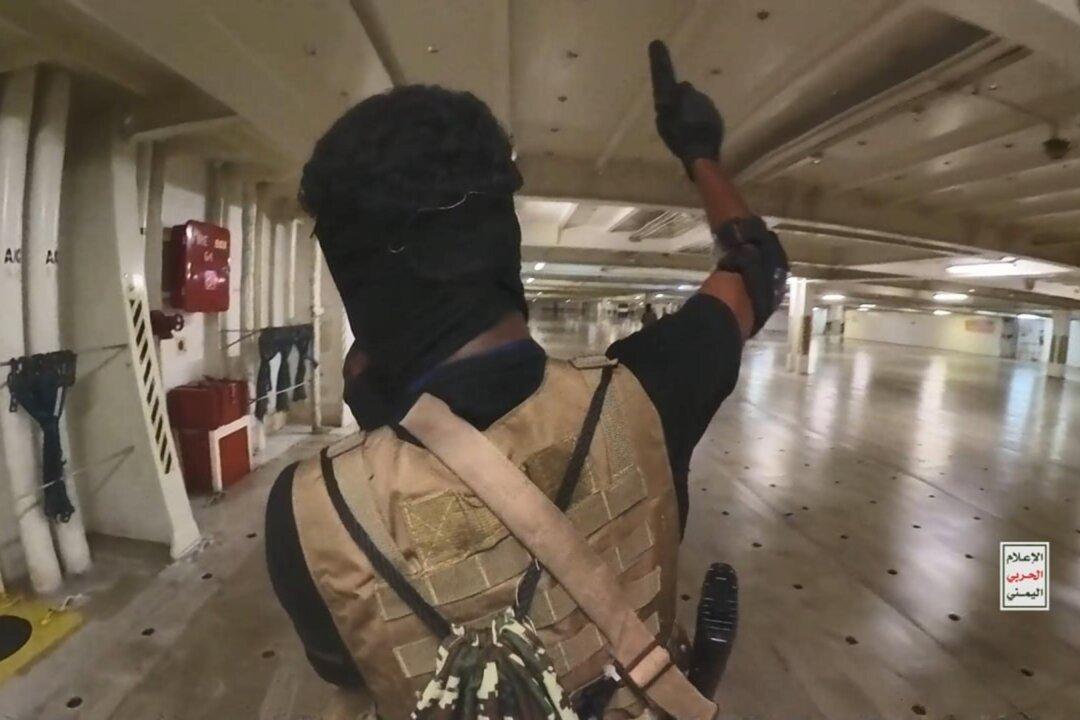U.S. Secretary of State Antony Blinken warned on Jan. 10 that “consequences” are coming for the Houthi movement in Yemen for its attacks on commercial shipping in the neighboring Red Sea and Gulf of Aden.
After a meeting with his counterparts in Bahrain, Mr. Blinken told reporters that their discussions focused on the ongoing conflict in the Gaza Strip between Israel and Hamas and ensuring that the conflict doesn’t spread to other areas of the Middle East. In light of these efforts to contain the Gaza conflict, Mr. Blinken said it’s “particularly important that we respond when we see something like the aggression coming from the Houthis that continues to be repeated, directed at shipping in the Red Sea.”





